Most of our customers are tempted to take dig week off work. They want to be available if any last-minute decisions are required and to give our guys access to the house if needed. They also believe the work will be done to a higher standard or faster if they're on-premises to supervise. We understand that desire. Heck, we feel the same way when work is being done on our homes. But dig week isn't the best one to take off work, and here are six reasons why.
-
Reason #1: We’ll get hold of you if we need to.
Let’s say the crew encounters something unexpected when digging or a judgement call needs to be made about the project. This rarely happens, but it’s something our customers occasionally worry about. The crew aren’t the ones who will be making the decision or troubleshooting with you—even if you are at home. They’ll immediately contact the company owner and a senior Buds staff person will connect with you right away to discuss next steps. There’s no reason for you to be home to take the call.
-
Reason #2: The installation crew doesn’t have the authority to make changes to the job.
We work hard to make sure everything has been finalized well before the Big Dig, but the odd time a customer will want to change the scope once the excavation equipment is in their yard. The crew won’t have the authority to do this (and you wouldn’t want them to, anyway, since it could lead to surprise cost). Instead, you’ll have to call or email your Buds sales rep to discuss any changes that aren't on your contract, so that options and costs are agreed upon. If changes are required, you can make that call while you’re at work or after you’re home.
-
Reason #3: Our guys don’t need access to your house.
Excavation and pool building is dirty work. The crew will be covered in mud and you don’t want them in your house. There’s no job-related reason for them to have access to your home, and if they need a bathroom, they’ll go elsewhere.
-
Reason #4: The owner is keeping an eye on your job.
Bill Bell, who owns Buds, is normally onsite for all excavations to ensure that the job is going according to plan and is of the highest quality. No one knows better than Bill what will make customers happy (or upset). Why not go to work, and let him be your eyes?
-
Reason #5: You can check things out after work.
There isn’t any need for project check-ins between the homeowner and the excavation crew or the guys building the pool shell during dig week. The crew knows exactly what to do and gets right down to it during the three days they’re digging and building. You can check out their progress after you get home from work and email or phone your sales rep with any questions you have, rather than monitoring the crew’s work in real time.
-
Reason #6: There are better times to take vacay.
We’re only excavating and building your pool’s shell during dig week. The concrete perimeter, coping and liner are yet to come, which means there will still be time—often up to a month—of construction before the water is in and you’ll be swimming. Instead of taking dig week off work, schedule your vacation for five or six weeks after dig date. By that time the project will be ready for your finishing touches, including sodding, planting and putting out the patio furniture. Plus, you’ll be able to enjoy your brand new pool on your vacation, instead of being woken up at 7 a.m. by construction equipment and staring at a hole in the ground.
In the end, it’s our job to make your life easier. We’re the project managers on your job. It’s our responsibility to make sure that things are done right, that you’re kept in the loop on any unexpected developments, and that you can ask questions or inquire about the project when it’s convenient for you. Vacation days are precious. Save them for when you can go swimming.
RELATED ARTICLES

Luna + Solei: 24/7 Pool Care That Works While You Rest and Play
Luna + Solei: 24/7 Pool Care That Works While You Rest and Play What if pool care worked around your schedule-not the other way around? With Luna + Solei, you can finally enjoy a backyard pool that’s clean, clear, and low maintenance-without constant testing, shocking, and balancing. This revolutionary Day & Night Pool Care System…
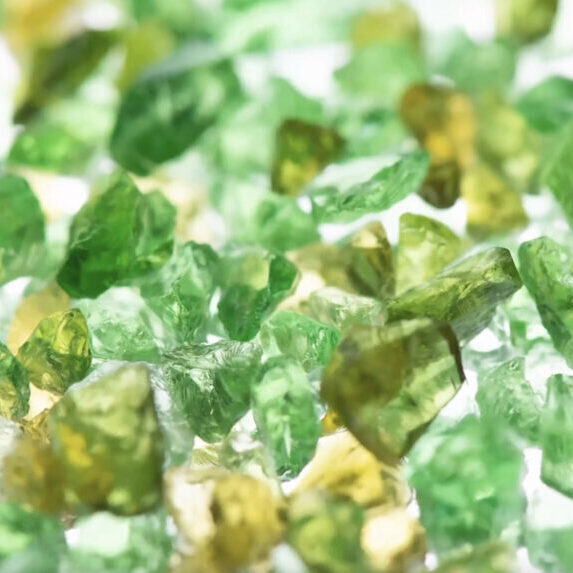
Upgrade Your Pool Filtration with AFMng: Say Goodbye to Sand, Hello to Sparkling Water
UPGRADE YOUR POOL FILTRATION WITH AFMng: SAY GOODBYE TO SAND, HELLO TO SPARKLING WATER If you’re still using sand in your pool filter, it’s time to rethink your water care. At Buds, we’re always on the lookout for the best solutions for our customers-and AFMng is a game-changer. Made from recycled, activated glass, AFMng is…
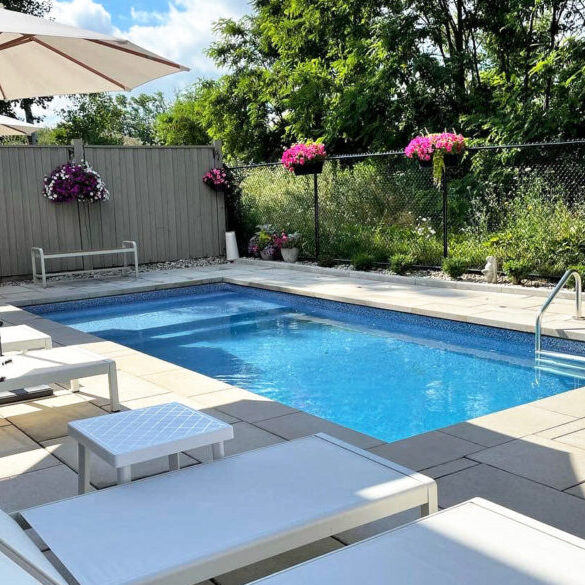
Plunge Pool vs. Traditional Swimming Pool: Which One Is Right for You?
Plunge Pool vs. Traditional Swimming Pool: Which One Is Right for You? When designing your dream backyard oasis, one of the biggest decisions is choosing between a plunge pool and a traditional swimming pool. While both offer the joys of relaxation and recreation, they differ significantly in size, maintenance, cost, and suitability for various lifestyles…

What is a plunge pool, and should I get one?
What is a plunge pool, and should I get one? If you’ve been researching pools at all this year, you may have noticed that plunge pools are seriously trending. While you probably have some idea of what a plunge pool is all about, you might be wondering about the specifics that make these pools different…
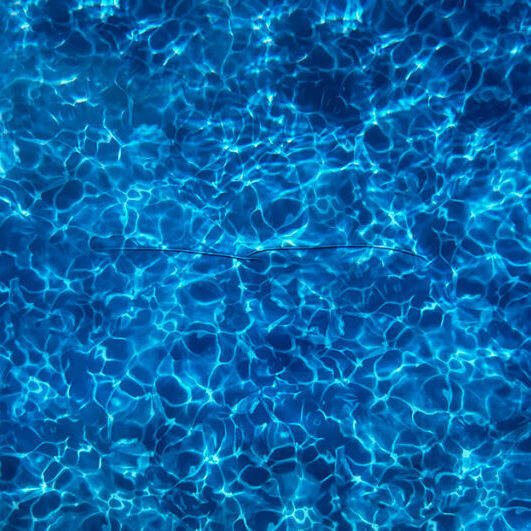
Understanding and Addressing Pool Liner Wrinkles
Understanding and Addressing Pool Liner Wrinkles When it comes to pool liner wrinkles, it’s crucial to distinguish between those caused by installation issues and those arising from other factors. If a wrinkle appears due to a poor fit or incorrect measurements during installation, it will be evident as soon as the pool is filled. Wrinkles…

What is a Pool Orientation and Why is it Essential for New Pool Owners?
What is a Pool Orientation and Why is it Essential for New Pool Owners? Owning a pool is a luxury that brings fun, relaxation, and a perfect gathering spot for family and friends. However, with this luxury comes the responsibility of maintaining and managing your pool to ensure it remains a safe and enjoyable space.…
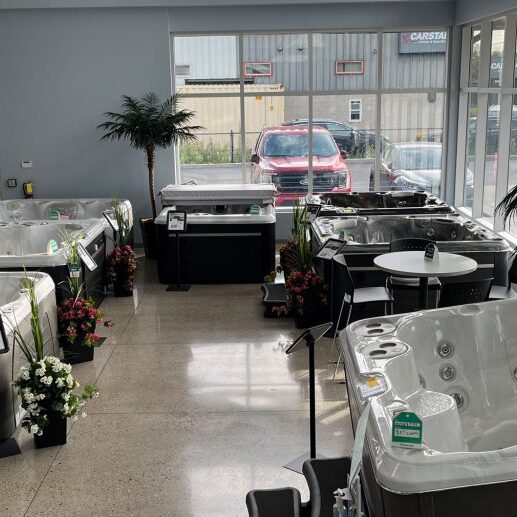
Benefits of In-Person Shopping for Hot Tubs, Pools & Swim Spas
We know that online shopping can be convenient. But at Buds we still believe that hot tubs, swim spas and pools, not to mention their parts and supplies, are best shopped for in person.
So while you might start your shopping journey online, we hope that you’ll take the chance to visit us in store before finally making your purchase.
There are many reasons why we think brick-and-mortar stores like Buds are the smart choice for customers.
Check out our top reasons and let us know if you agree!
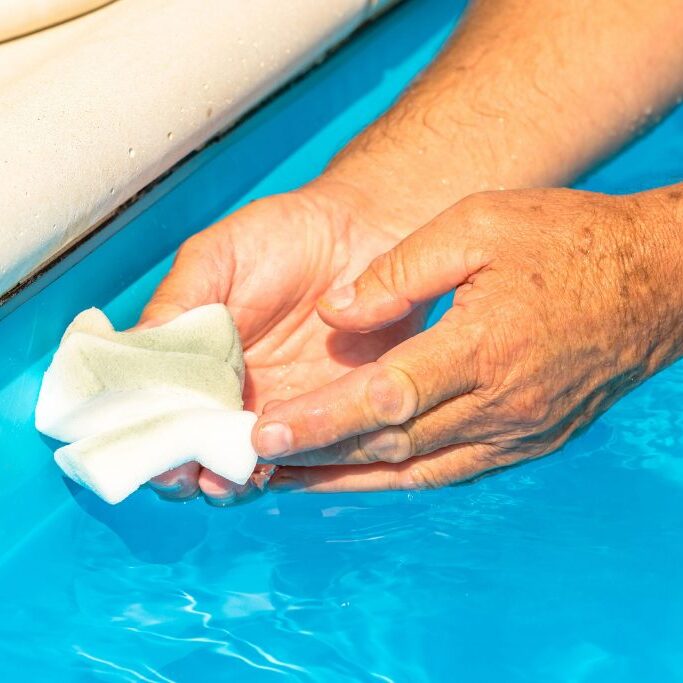
How to Treat and Prevent Metals and Staining
How to treat and prevent metals and staining Metals and Staining in a Pool Metals can be introduced to the water through foreign object or equipment such as: Copper piping and fittings, Heat exchanger, Using Copper Sulphate and other copper-based algaecides, Source water. Metals in pool water may cause staining to the liner, fiberglass, or…

Should I finance my pool purchase?
In its most formal application, contrast hydrotherapy involves alternating between immersion in hot and cold water. It’s a practice with growing popularity among athletes and health enthusiasts for its many reported benefits.
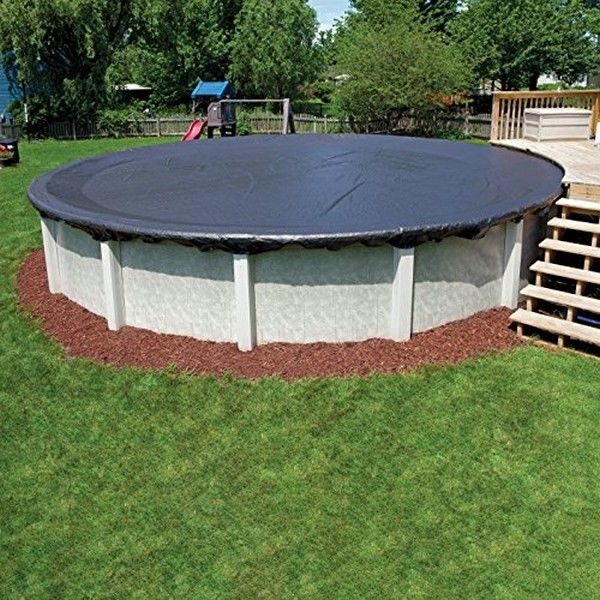
Above Ground Pool Closing Instructions
How to close your above ground pool Pool Closing Steps 1 One week prior to closing, bring a pool water sample to the store so your pool can be properly balanced. It is natural for sitting water to become acidic on its own, so balancing the water is very important prior to closing your pool.…
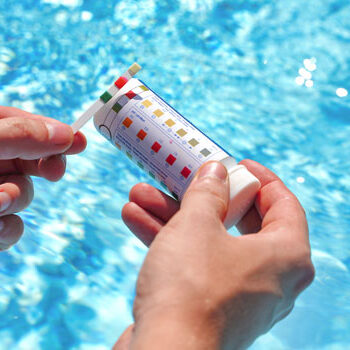
The Benefits of Borate to Treat Your Pool
Why Your Should Use Borate In Your Pool What is Borate? Borate prevents pH drifting, which results in calcium scaling, metal stains, cloudy water, algae, and hard pool water. When you use borate, the water will remain clear for a long period since chloramine (or combined chlorine) does not form quickly as compared to a…
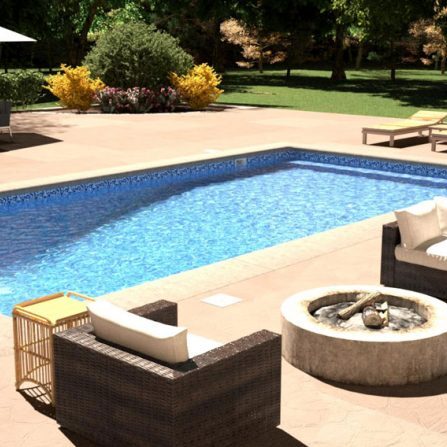
How to Reduce Phosphates in Your Pool
How to Reduce Pool Phosphates What are phosphates? Phosphates are food for algae. Although they are present in all water, once they reach a certain level they can cause issues in your pool. Phosphates can consume chlorine causing a consistently low level in your pool. When you have an extremely low chlorine reading, your pool…
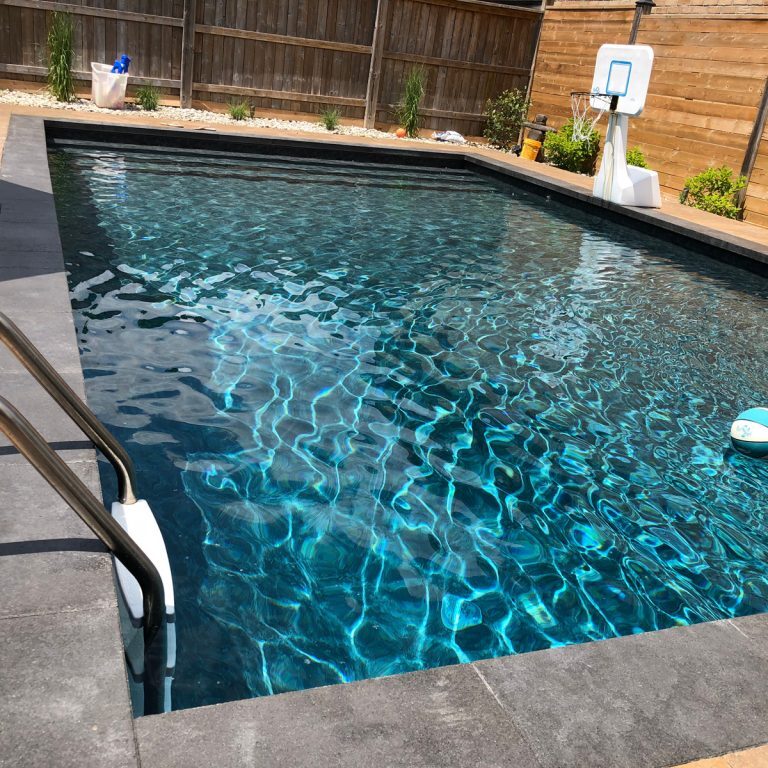
Spring Set-up for Pool UV Systems
How To Open Your Pool’s UV System SET-UP INSTRUCTIONS When spring arrives, it’s time to pull out your UV system and get it ready for the summer pool season. Below is a checklist that will help in getting the most out of your system. If your UV system is still installed on your pool equipment,…
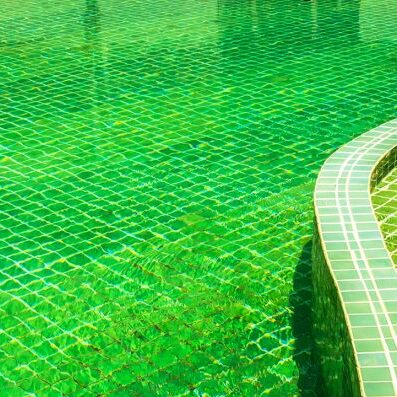
How to Treat Pool Algae
How to Treat and Prevent Algae How to Treat and Prevent Algae during Spring Opening Warning: when following these steps, DO NOT use your automatic vacuum as there is no option of vacuuming on waste/drain. Bring a pool water sample into Buds for water balance assistance. Remove large organic debris from the bottom of the…
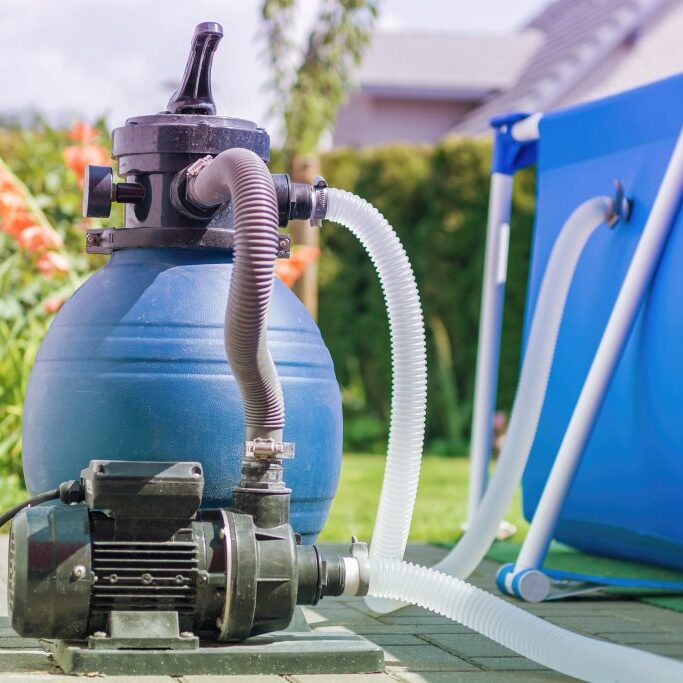
How to Change & Clean the Filter Media
How to Clean & Change a sand filter How to Change the Filter Media Sand should be changed in the filter every 3-5 years. However, if the sand is not cleaned once per season the sand may need to be changed much more often than that. 1 Turn off the pump. 2 Take the drain…
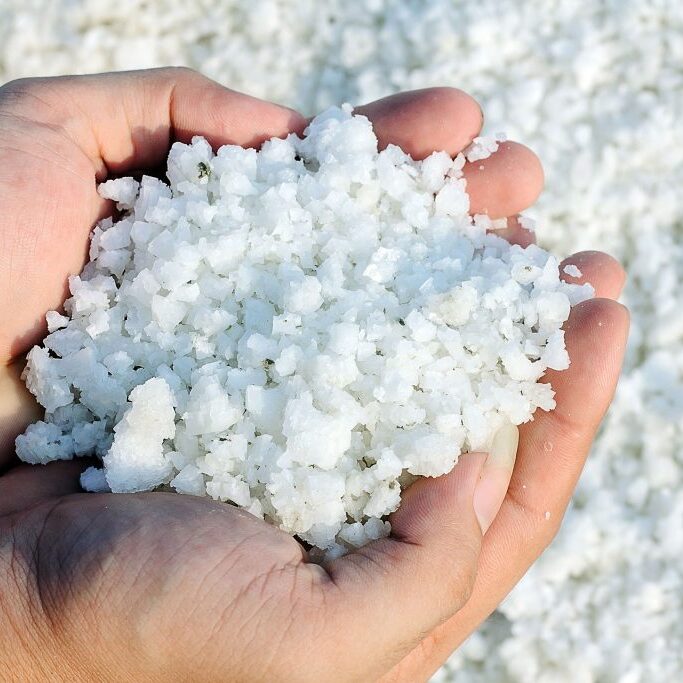
How to Clean a Pool Salt Cell
How to Clean a Salt Cell It is important to maintain a clean salt cell so chlorine can be continuously produced. Salt cells that have a lot of scale or calcium build up cannot effectively produce sanitizer and often create flow issues within the pool system. You should check your salt cell weekly to ensure…
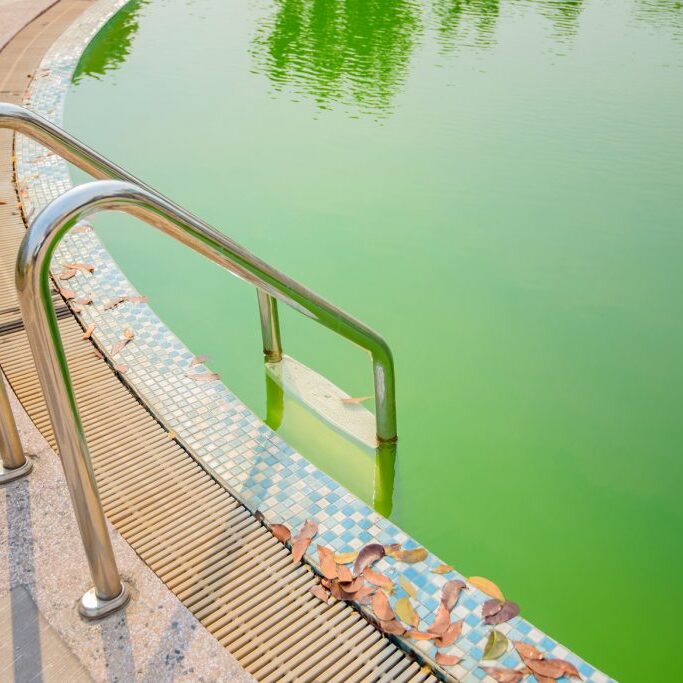
How to Treat and Prevent Cloudy or Foggy Pool Water
How to Treat Extremely Cloudy or Foggy Water How to Treat Extremely Cloudy or Foggy Water Bring a pool water sample into Buds Spas and Pools for water balance analysis. Adjust pH and/or chlorine levels as recommended by the water lab. Follow Option A, B or C depending on the level of clarity in the…
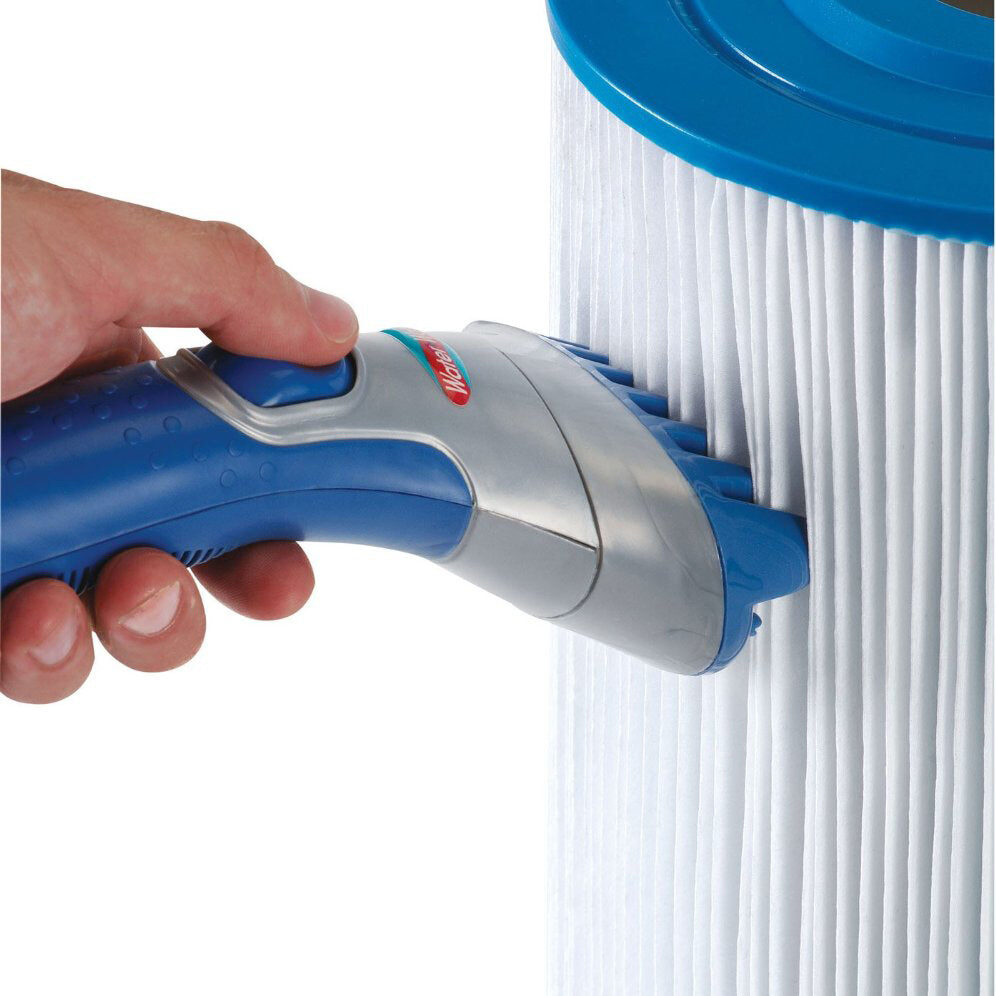
Pool Filter Cartridge Cleaning Instructions
How To Clean A Pool Filter Cartridge When should a cartridge element be cleaned? For hot tubs and swim spas, establish a routine cartridge cleaning schedule based on the amount of spa usage. This should include rinsing the cartridge weekly (or more frequently with heavy use), as well as using Rapid Action Filter Cleanse every…
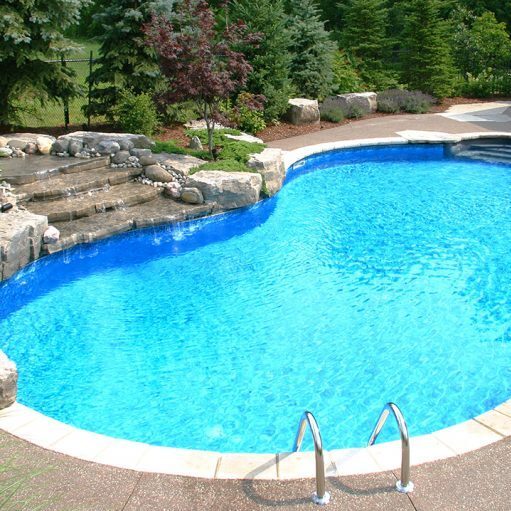
Maintenance for Saltwater Pools
Saltwater pool maintenance Helpful Tips to Maintain Your Pool New pool or new liner customers: Please bring in a water sample to Bud’s Spas and Pools before adding any chemicals and/or before entering your pool for the first time. Filtration To maintain proper filtration the pump should be operating 24/7. If your pump is on…
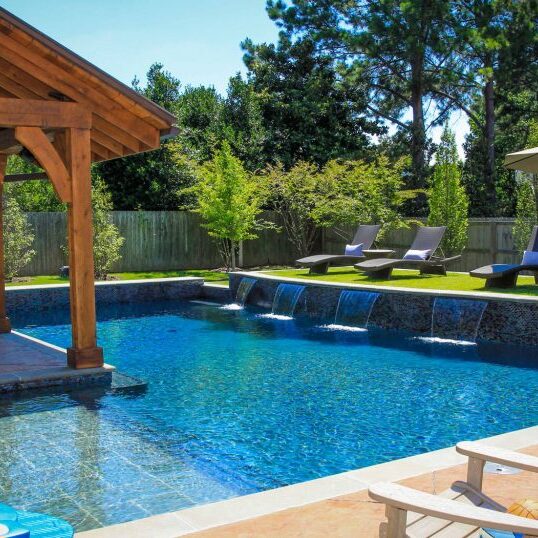
Maintenance for Non-Saltwater Pools
Non-saltwater pool maintenance HELPFUL TIPS TO KEEP IN MIND WHEN MAINTAINING YOUR POOL NEW POOL OR NEW LINER CUSTOMERS:PLEASE BRING IN A WATER SAMPLE (IN THE SAMPLE BOTTLE PROVIDED) TO BUDS SPAS AND POOLS BEFORE ADDING ANY CHEMICALS AND/OR BEFORE ENTERING YOUR POOL FOR THE FIRST TIME. Filtration To maintain proper filtration the pump should…